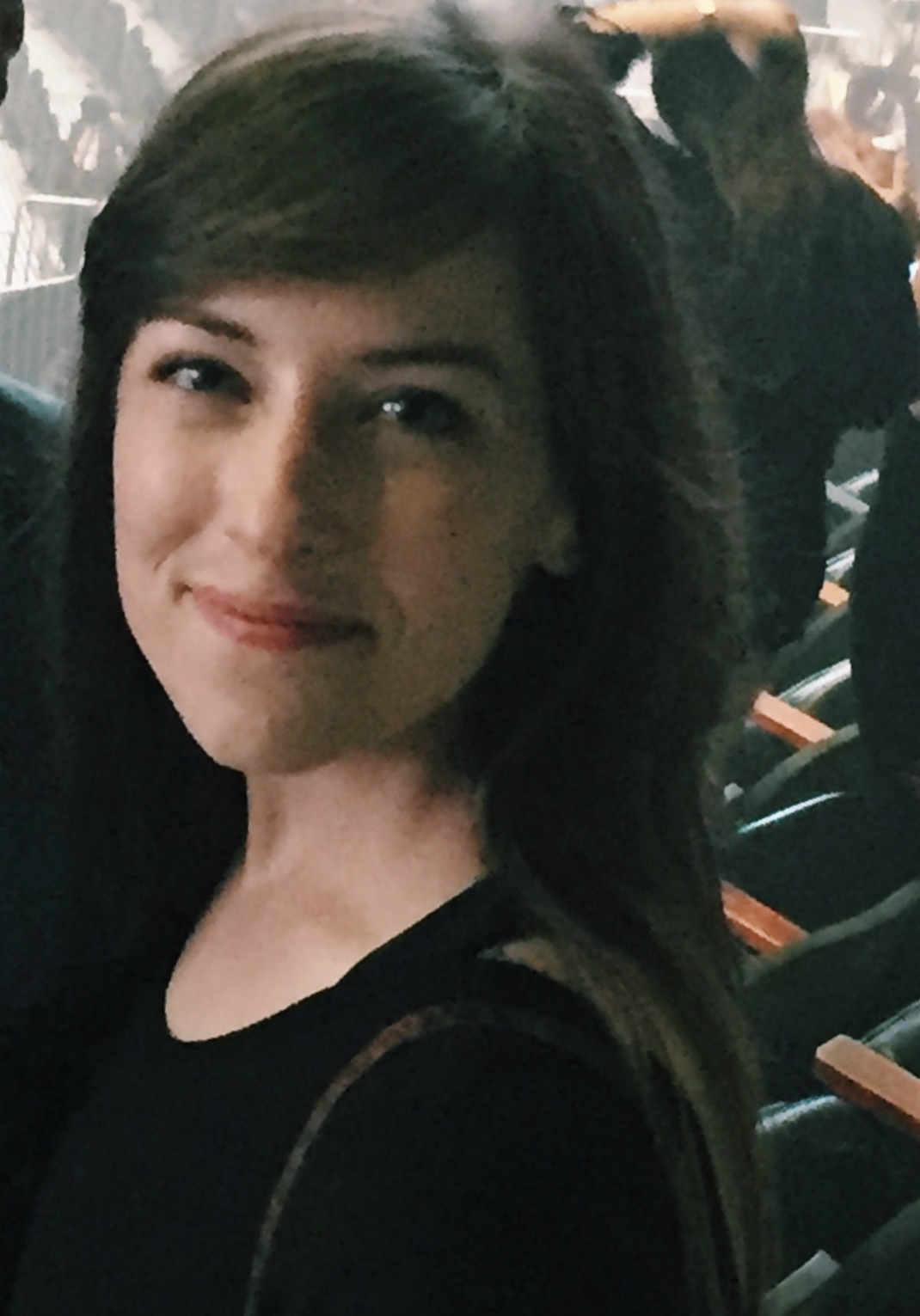Post Contributed by Taylor Kraabel, Office of Sustainability Employee Engagement Coordinator
Caroline Leonard has successfully climbed the Auburn University career ladder. She began working as a student employee seven years ago, eventually landing a job in the Office of the Registrar as a Transcript Evaluator. Last month, she officially transitioned from this role to an Admissions Advisor for Auburn’s Graduate School. Caroline appreciates the opportunity to continue pursuing her professional goals with the Auburn family.
Getting Involved with the Peers Network

Caroline Leonard
Caroline’s first memory of sustainability stems from her childhood in Dothan, AL. Growing up, she and her family would bring their recycling to the local recycling plant and sort it. Since then, she has always had an interest in incorporating sustainability into her personal routine. Whether it’s conscious purchasing or volunteering for Auburn’s Green Game, Caroline says she is always open to new sustainability practices. Recently, she desires to apply this perspective to her professional life with the Peers Network.
Since the Office of the Registrar and the Office of Sustainability are neighbors on campus, Caroline says she first heard about the Peers Network after meeting some of our full-time staff. After learning more about the program, Caroline was excited to get more involved. Although she considers herself a “beginner” in sustainability, she already practices many sustainable habits, such as using a reusable water bottle.
Since becoming a Peers Ambassador, Caroline’s favorite part has been meeting others from different departments who share her interest. Looking toward the future, she is excited to work with the Peers Network and Office of Sustainability to learn more about how she can make her workplace more sustainable.
Working Toward Change
Currently, Auburn’s Graduate School building, Hargis Hall, is already participating in some actions that support sustainability. For instance, Caroline says a Weagle Water station was just installed in the building. Hargis also houses bins for paper, plastic and ink cartridge recycling. As an office, Caroline says they try to reduce wasted energy and water as much as possible, never leaving lights on in empty rooms and reporting things like leaky faucets right away. It is simple actions such as these that open the door to other sustainability practices.
Speaking of new practices, one of Caroline’s goals is to cut down the waste generated by meetings and events in the Graduate School. Currently, meetings often involve printed agendas, surplus food, disposable utensils, and other items that could be replaced or modified with sustainable alternatives. For example, emailing meeting agendas instead of printing them is just one way to decrease paper consumption. There are also a few options to divert excess food from the landfill. Whether it’s through Campus Kitchens, the Share Meals app, or just encouraging employees to take home leftovers, decreasing food waste is a great way to be sustainable. Caroline plans to explore these potential change campaigns and others to determine what would work best in Hargis Hall.
Sustainability Challenges and Inspiring Initiatives
Like many others who have gotten involved in sustainability, Caroline realizes that one of the greatest challenges to sustainability is the growing immensity of the problem. She thinks often times people get intimidated and pessimistic about the more dire aspects, such as climate change. In other words, the classic “I’m only one person I can’t make a difference” mindset. Consequently, Caroline says this makes it much more difficult to find a place to get started with sustainability. What problem do we tackle first? Is what I’m doing actually helping? Fortunately, people like Caroline are determined to push through the immensity and uncertainty, knowing that one person CAN make a difference in sustainability.
At Auburn, Caroline’s favorite sustainability initiatives are Campus Kitchens and some of Tiger Dining’s practices. As of now, Tiger Dining has a commitment to procure 20% of our food from within the state of Alabama and/or a 200-mile radius. This initiative addresses every piece of the Sustainability Compass: Nature, Economy, Society, and Wellbeing. Through this commitment, Auburn is supporting local agriculture, reducing its carbon footprint, providing healthier food and improving local society. On a similar note, Campus Kitchens aims to reduce Auburn’s food waste while helping those who are food insecure, addressing all sides of the compass as well. While these are by far not the only sustainability initiatives at Auburn, Caroline is inspired by how these efforts are able to address so many issues. As a Peers Ambassador, Caroline hopes to learn more about programs such as these and how to successfully incorporate them into the Graduate School.




